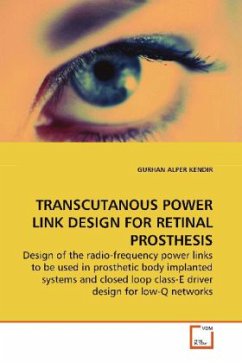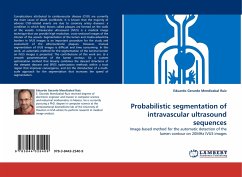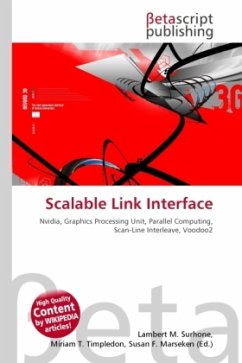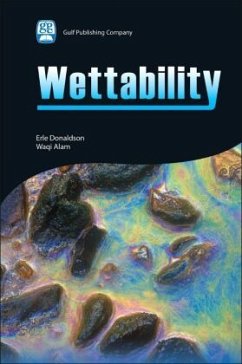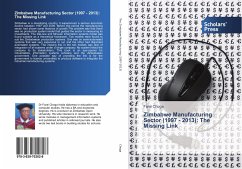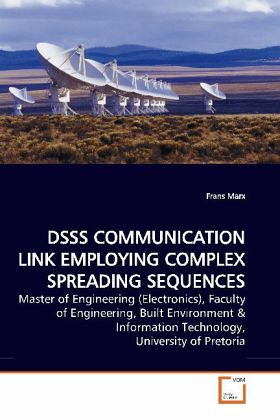
DSSS COMMUNICATION LINK EMPLOYING COMPLEX SPREADING SEQUENCES
Master of Engineering (Electronics), Faculty of Engineering, Built Environment
Versandkostenfrei!
Versandfertig in 6-10 Tagen
52,99 €
inkl. MwSt.

PAYBACK Punkte
26 °P sammeln!
The generic DSSS system developed in this dissertation has originally been designed and implemented to investigate the practicality and usefulness of complex spreading sequences (CSS), and secondly, to verify the concept of non-linearly interpolated root-of-unity (NLI-RU) filtering. Several novel concepts and subsystems have been added to the original system. The concept analyzed, is based on the use of unique large families of spectrally well confined, constant envelope (CE) CSS. The CE characteristic of the new spreading sequences furthermore facilitates the design of power efficient systems...
The generic DSSS system developed in this dissertation has originally been designed and implemented to investigate the practicality and usefulness of complex spreading sequences (CSS), and secondly, to verify the concept of non-linearly interpolated root-of-unity (NLI-RU) filtering. Several novel concepts and subsystems have been added to the original system. The concept analyzed, is based on the use of unique large families of spectrally well confined, constant envelope (CE) CSS. The CE characteristic of the new spreading sequences furthermore facilitates the design of power efficient systems with exceptionally robust performance characteristics in the presence of non- linear power amplification. Conventional spread spectrum communication systems employ binary spreading sequences (BSS), such as Gold or Kasami sequences. The practical implementation of such a system is relatively simple, while the design and implementation of a DSSS communication system employing CSS is however considerable more complex. The theoretical analysis and simulation of such a system will be presented, with a hardware implementation of all new concepts proposed.



